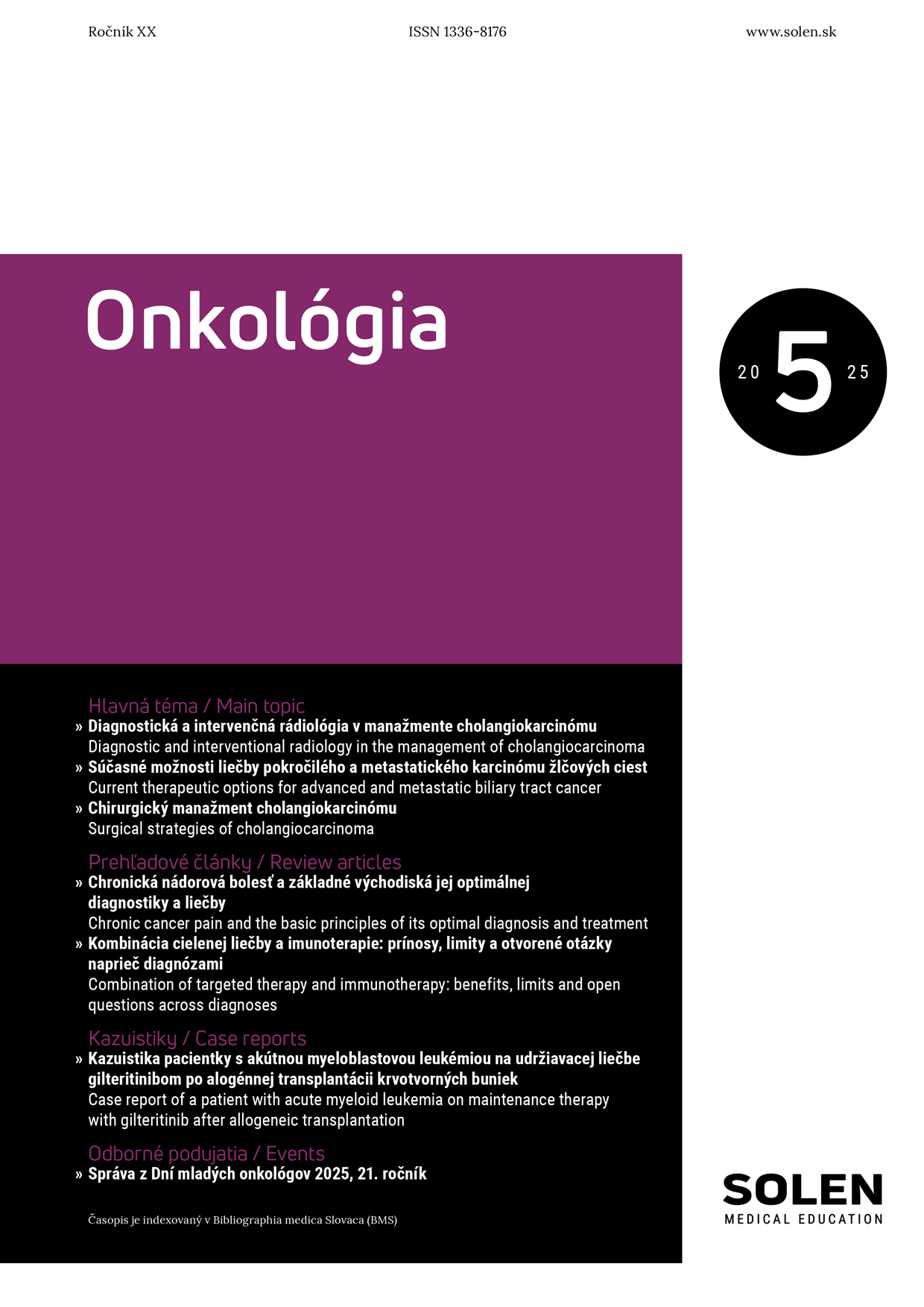Psychiatria pre prax 2/2009
The Power of Psychiatry, or Disappearance of Symptoms Does Not Guarantee Quality Life
A case report is presented of a 23-year-old woman who presented to my psychiatric practice with depressive mood in 2007. She then had a boyfriend and was working in a garden centre. In a short time interval, she underwent repeated inpatient treatment during which a wide number of psychiatric drugs were administered. Following the use of antidepressants, she had a shift to hypomania and, during her institutional stay, bipolar affective disorder was reclassified to acute psychotic disorder (which was debatable in my view). Following the stabilization of the patient‘s mental status, I reduced the number of psychiatric drugs at her request on an outpatient basis. Although the patient‘s current mental status is stable, her clinical presentation is dominated by dysphoria due to loss of both her boyfriend and work; in addition, there is a risk of recurrence. Therefore, it can hardly be stated that she is happier than prior to the treatment. I consider the outcome and course of her treatment challenging and inspiring in many aspects, thus deserving attention.
Keywords: the limits of psychodiagnostics, bipolar affective disorder, adverse effects of psychiatric medication, disease and the quality of life

















